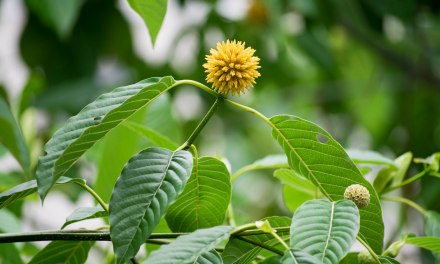This is what I’d call an advocacy piece. It’s intended to promote use of CBD, which is fine, but drifts over into the issue of cannabis legalization, without much to justify the move.
What is CBD? The ‘miracle’ cannabis compound that doesn’t get you high
CBD (cannabidiol) and its close relatives are likely to account for almost all the medical benefits of cannabis. My guess is that THC’s value will be for its psychoactive or intoxicant properties. Accordingly, the goal should be to develop CBD medications with little or no THC content. And with specific uses, like Dravet Syndrome.
Dravet is a form of epilepsy described by the Dravet foundation as a “rare, catastrophic, lifelong form beginning in the first year of life.” How rare? Current estimates are 1 in 16,000 to 1 in 21,000 range. So medicine needs prescription meds based in CBD, for Dravet patients. But that’s not an argument for full legalization of marijuana.
That brings up a legion of other questions. This is from a neuroscientist who has no objection to legalization but is concerned about the quality of the current discussion, which she characterizes as “astoundingly naïve”.
POT HOLES: Legalizing marijuana is fine. But don’t ignore the science on its dangers.
The research on adolescent neurological development alone, she argues, should give us pause. We can’t count on age restrictions to protect kids, since we know from experience that adolescents will go right ahead and use cannabis anyway– beginning as young as 12.
It’s what many do now. It’s what happened with alcohol and tobacco. And recently, vaping.
We know Prohibition didn’t work with alcohol. It isn’t working for cannabis, either. But just as repeal of Prohibition didn’t make alcohol any safer for popular use– all these years later, it’s still a huge problem for us– neither will legalizing the stuff remove the health risks associated with cannabis. Whatever they may be.
In fact, we should be talking about and preparing for an increase in cases of Cannabis Use Disorder (CUD) and other problems related to marijuana. Developing programs for prevention, and new therapies for treatment.
Unfortunately, far as I can determine, we aren’t doing either.













